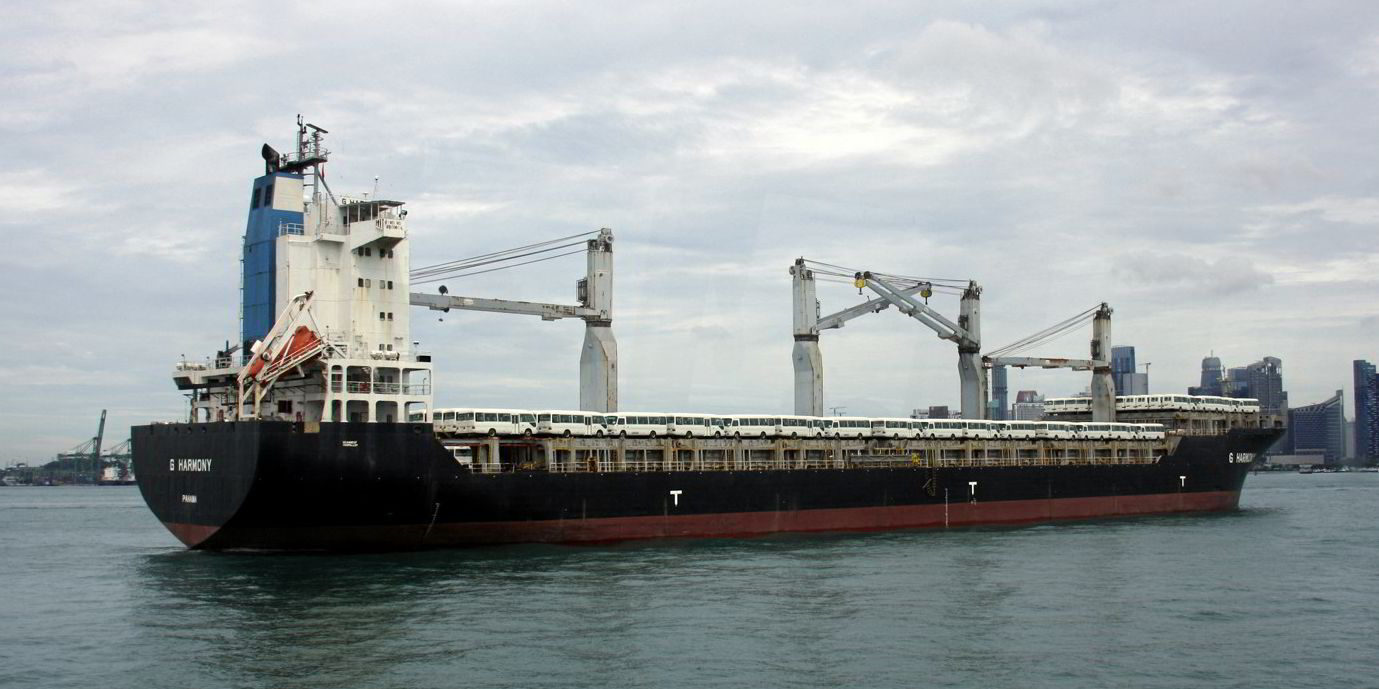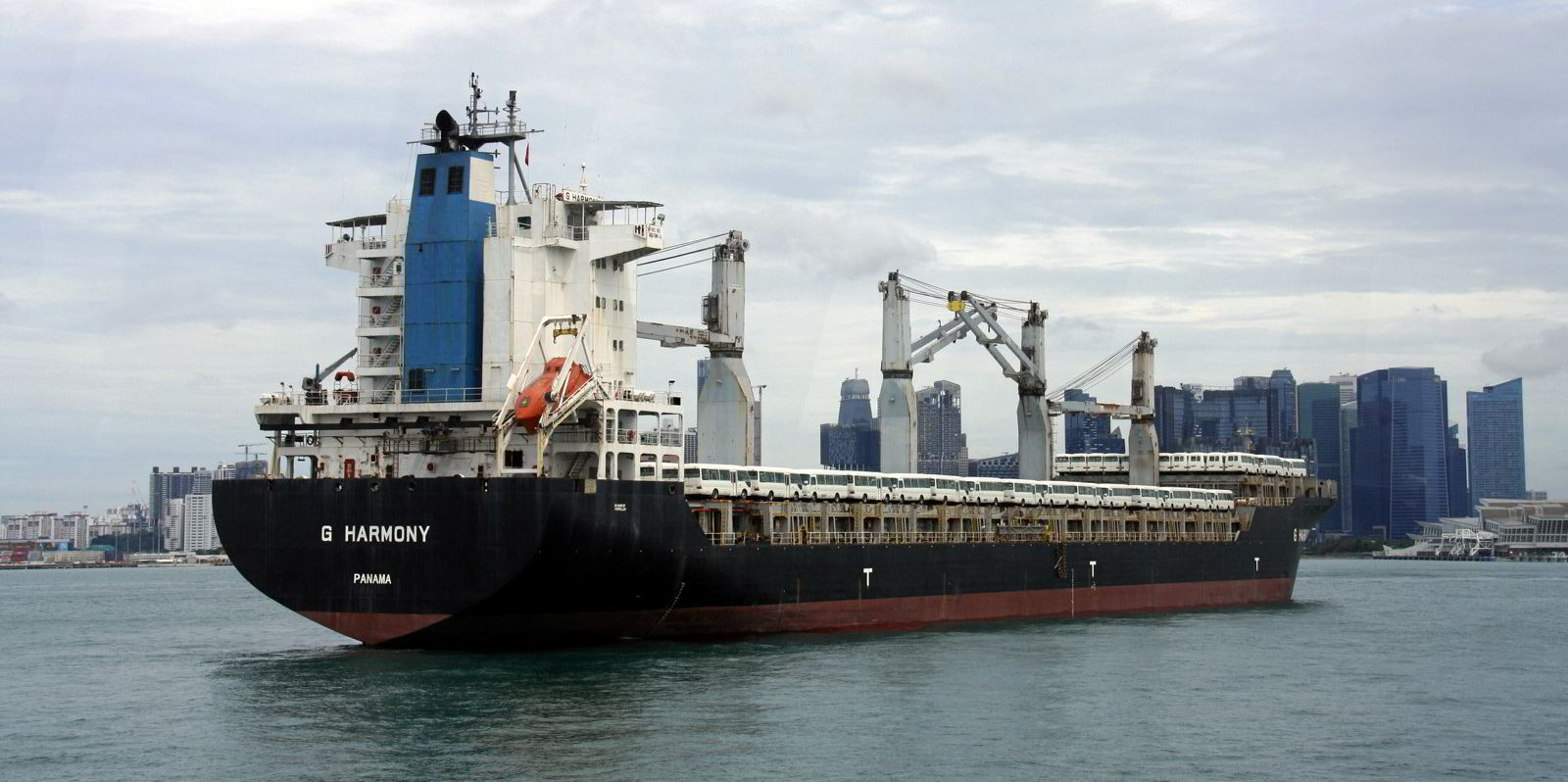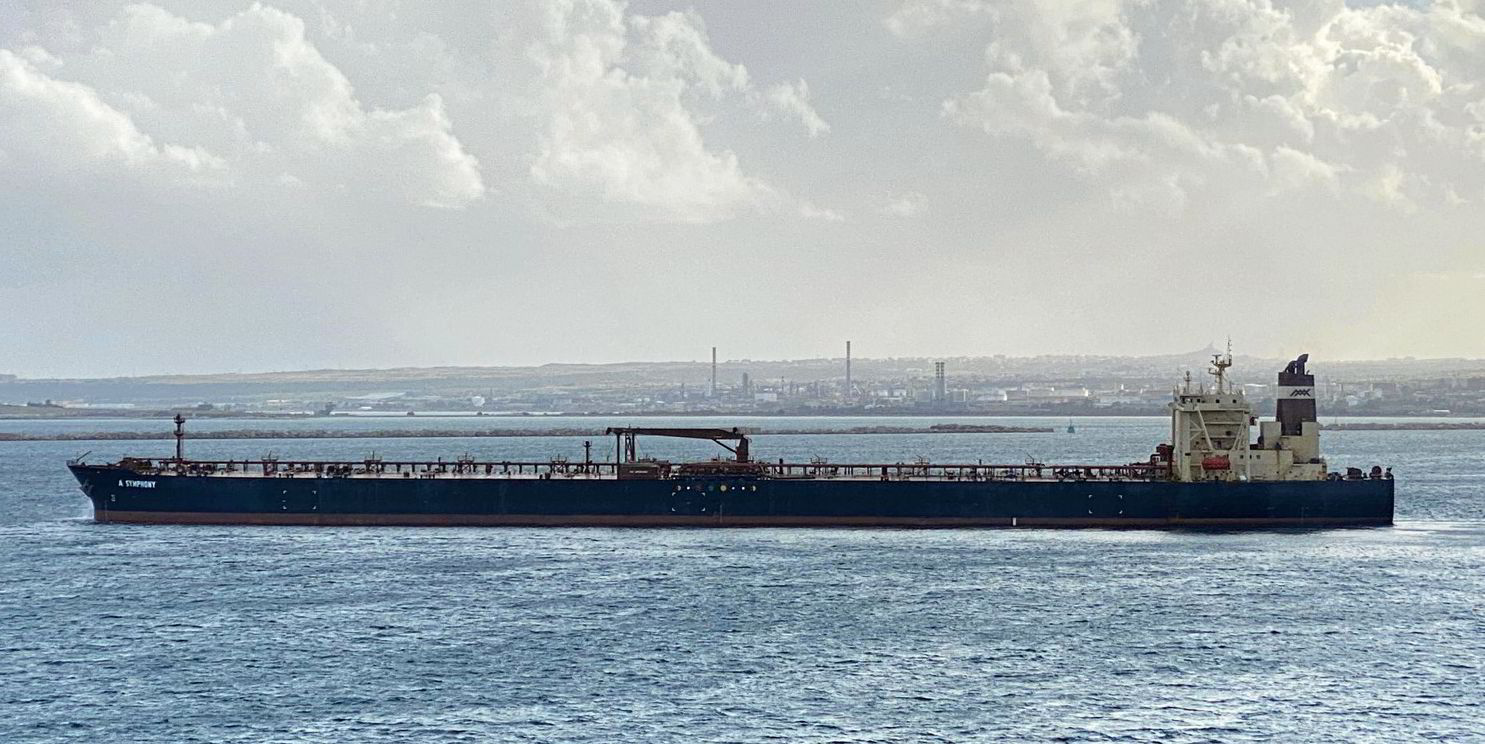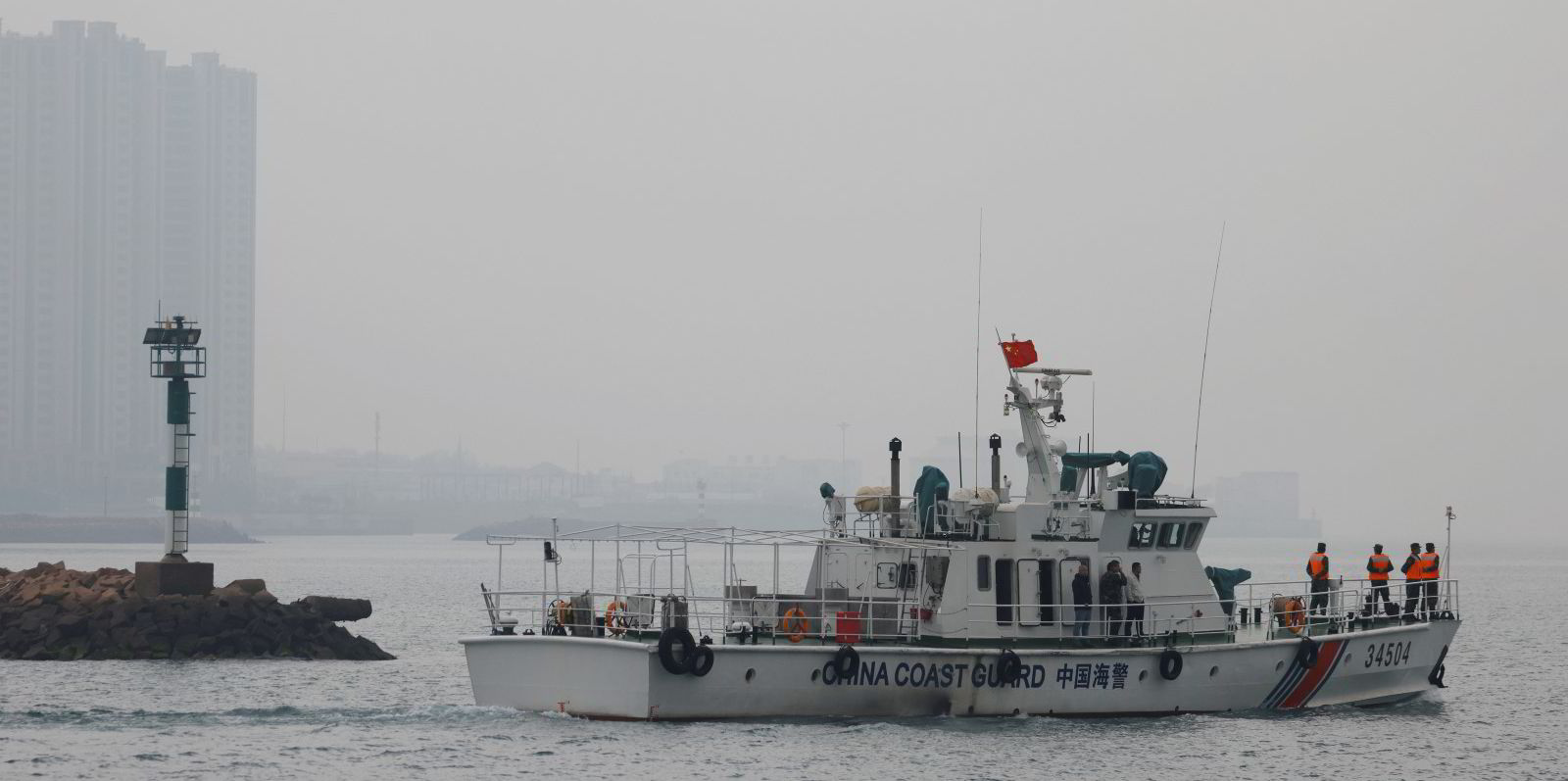Singapore’s High Court has told a shipowning company affiliated with Nicholas Moundreas-led NGM Energy to fight its legal battle involving a $112.3m collision claim against a Glory Ships subsidiary in a Chinese court.
The ruling ends a Singapore-seated case that began in October 2022 with the arrest of Glory Ships-affiliated Sea Justice Ltd’s 35,200-dwt G Harmony (built 2005).
NGM Energy-affiliated Symphony Shipholding, the registered owner of the 150,000-dwt suezmax tanker A Symphony (built 2001), arrested the G Harmony to obtain $112.3m in security for damages it claimed to have suffered when the general cargo ship, then operating under the name Sea Justice, slammed into the A Symphony while it was anchored off Qingdao in China on 27 April 2021.
Around 9,400 tonnes of bitumen spilt from the A Symphony; 5,283 tonnes was recovered in the clean-up operation.
Sea Justice would later secure the release of its ship by providing partial security to the Singapore High Court in the form of a letter of undertaking issued by the Swedish Club for the maximum aggregate sum of $13.5m and payment into the court of $6.5m.
Legal proceedings between the two parties had already begun in the Qingdao Maritime Court shortly after the collision. On 30 April 2021, Sea Justice Ltd established the Sea Justice Limitation Fund in China in relation to the collision. CNY 39.5m ($6.1m) was paid into it.
Symphony set up its own limitation fund — the AS CLC Limitation Fund — to protect itself from third-party claims for oil spills, then lodged a claim against the Sea Justice Limitation Fund
At the same time, Symphony filed a case against Sea Justice Ltd in the High Court of the Marshall Islands that was later dismissed.
After securing the release of its ship against the lodging of security, Sea Justice petitioned the High Court of Singapore to set aside the warrant of arrest in favour of court proceedings in China, and for the return of the securities it had provided.
The Chinese owner argued that Qingdao Maritime Court was the most appropriate forum to resolve the dispute, as the incident took place in Chinese territorial waters, and proceedings were already underway there when legal action was started in Singapore.
Furthermore, by filing a claim against the Sea Justice Fund in the Qingdao Maritime Court, Symphony had submitted to that court’s jurisdiction.
In addition, Sea Justice argued that relevant witnesses and evidence would be more accessible by the Qingdao court. Specifically, these would be the Chinese marine surveyors, personnel from the Chinese Marine Authority who investigated the collision and personnel from the Chinese ministries who investigated the impact of the oil pollution.
Symphony contended that there was no reason why it could not commence legal proceedings in Singapore, given that the Qingdao court had denied Sea Justice’s application for a worldwide behaviour preservation order to restrain parties from commencing legal proceedings against it in a foreign jurisdiction.
The company also argued that there was no real risk of conflicting decisions from the two courts and the likely witnesses were not an issue for Singapore proceedings because it would be unnecessary to call in the marine surveyors, as the parties could get documentary records of their findings.
After lengthy analysis, the Singapore High Court sided with Sea Justice’s arguments, ruling that the Qingdao Maritime Court was the appropriate jurisdiction for hearing the claim, as the Qingdao proceedings were in a more advanced stage than proceedings in Singapore.
High Court assistant registrar Nicholas Lai said there would be a risk of “multiplicity of proceedings”, and Symphony had failed to prove that the outcome under Chinese civil law would be the same as the outcome under Singapore common law.
He also noted that it would cause substantial inconvenience to witnesses if they had to testify in both courts, and dismissed Symphony’s argument that documentary records would suffice. Witnesses who produced these records, he stated, needed to be present to answer questions on their findings.
Lai also dismissed Symphony’s request that should the arrest be stayed, it be allowed to hold on to the security provided by Sea Justice and that liberty be granted to lift the stay on the Singapore proceedings to enforce the Chinese judgment to claim damages.
Lai expressed sympathy for Symphony being able to claim under the Sea Justice Limitation Fund only a fraction of its damages in comparison to its estimated loss.
However, he said that based on case law, a shipowner, having limited liability by constituting a limitation fund to answer a collision claim, should not be compelled to put up further security in another country for the same collision claim.
The arrest of the G Harmony was therefore lifted and Symphony was ordered to return the security provided by Sea Justice in the now-stayed Singapore court proceedings.






